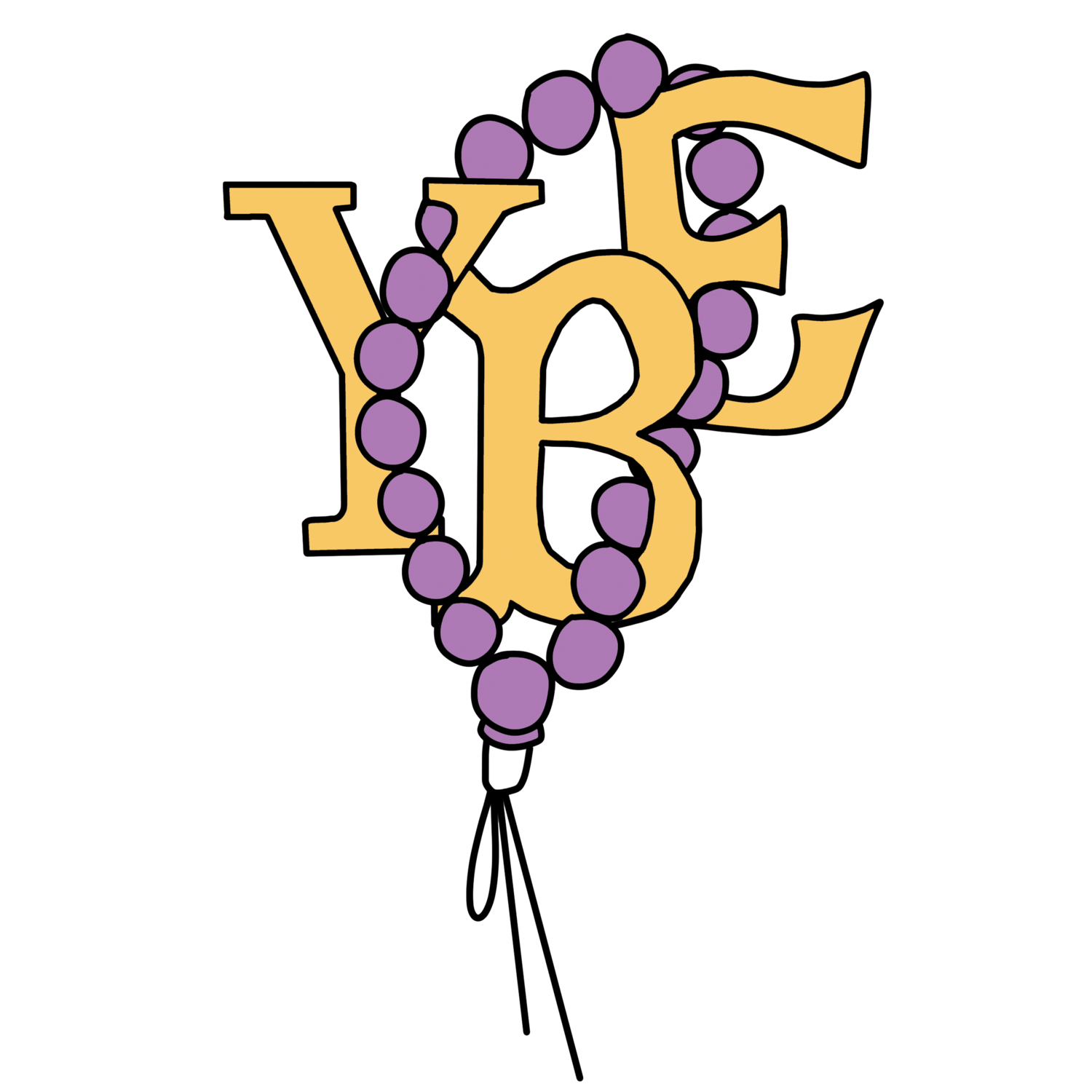Prayer and Ritual
Kevin Shen | He/him/his | Grew up with Tzu-Chi, now in Southern California and with dear friends in Dharma Seal temple
October 15, 2022
爺爺 passed away over a year ago. I was overwhelmed with grief, stunned. I remember how, unmoored, I didn't know where to turn, except to pray. I listened to chants on loop throughout the day.
I'm not even sure Grandpa would self-identify as Buddhist. My grandma joked that he was a “懷和尚”, or bad monk, because the one time he went to a temple was when his health was ailing some 60+ years ago -- he went to convalesce at a temple and almost vowed to become a monk. But after he recovered, he left.
So why did I turn to chanting and bowing? I think it's for the simple fact that bowing and chanting are the languages that I was given. They are what I learned from going to temples with my parents and grandmas. It is the language my dad turned to, as he arranged for a Buddhist funeral service for 爺爺. I refreshed long-forgotten memories of the heart sutra to prepare for when we recited it for 爺爺.
I often think of Bruce, the Buddhist chaplain at school when I was in college. Every evening he would quietly lay out cushions and tea candles in a circle in the hallowed space of Battel Chapel. The first time you enter that dimly lit space, you might do so tentatively, uncertain whether you are allowed. You stand in the pews, gazing at flickering candles and the evanescent light flitting across meditators' faces. Occasionally one of the students gets up to refill their cup of barley tea. Eventually you sit, Bruce smiles and nods at you briefly, and returns to meditation. You could leave any time; "come and go without hindrance" was the motto. But if you stay long enough, you would help to put out the tea candles and cushions, and get to listen to Bruce chant.
Stillness and Light. Photo: Mark Ostow.
One question that Bruce imparted upon me was, why do we chant, and why do we pray? Bruce often talked about the preciousness of having bowed and offered incense with our parents and grandparents. But what was so special about chanting, praying, and ritual? I think of Bruce's meandering, ponderous speech: "There's a way in which... it rings true." Even if I didn't fully grasp what Bruce was saying, this much I do know: Bruce's gentle earnestness and conviction has stayed with me for years.
Intellectually, I can think of many ways in which chanting and tradition does not make sense to me. My mom said we were chanting to facilitate 爺爺‘s journey into his next life. But if I am honest, my mind is too dense to fathom what rebirth concretely means.1
Others might say that chanting and tradition connects them to their ancestors and the weight of history. It is important to preserve these authentic practices, and it can root us to feel that we are doing something that has been done for millenia. But I also have no illusions that traditions change and are adapted with every generation. To see this kind of change, I simply look to other domains of human activity, language for instance. The English we speak today is markedly different from the English of a millenia ago... not to mention different from even decades ago, and there is so much room for miscommunication.
If we aren't replicating down to a T the practices of a millennia ago, what is it that we're replicating? What is that elusive "authenticity" that tradition preserves and that feels so true? In some ways, it seems odd to place ultimate emphasis on the past and the exact form of ritual. What if, despite however connected we feel, our ancestors told us they found us alien and that the form of rituals and prayers we practice were definitively not how they were practiced centuries ago—would our rituals instantly become meaningless? Would such revelations instantly invalidate our practice?
I think Bruce would tell me not to worry so much about how my praying looks. Rather, focus on the space that prayer creates for us to listen, just as 觀音's name reminds us to do. Can I hear my own prayers? Hear the prayers of others?
So what is this impulse I feel to pray and chant for 爺爺? Would 爺爺 have liked my prayers? I’d like to think so but I don’t know for sure. But I do know that I pray because it is the language by which I learned to still my mind and give myself to the openness and the ineffable. It connects me to the times when I didn't know (and still don't know) exactly what my parents and grandparents were doing, except that there were things on their mind. It gives me a chance to listen to the parts of myself that don't know how to speak. I believe in that feeling of earnest attention. Prayer is an offering of that which I hold dear.
1 Not to be confused with rejecting rebirth. I just don’t know how to imagine it.

